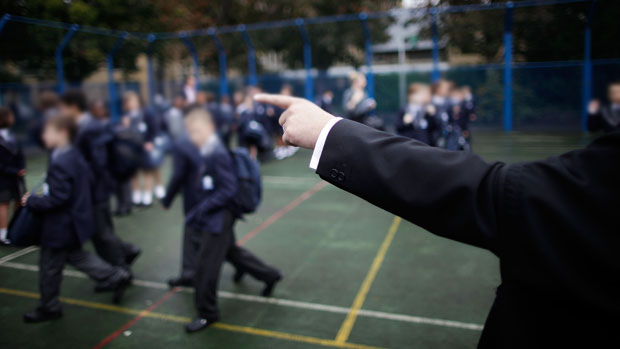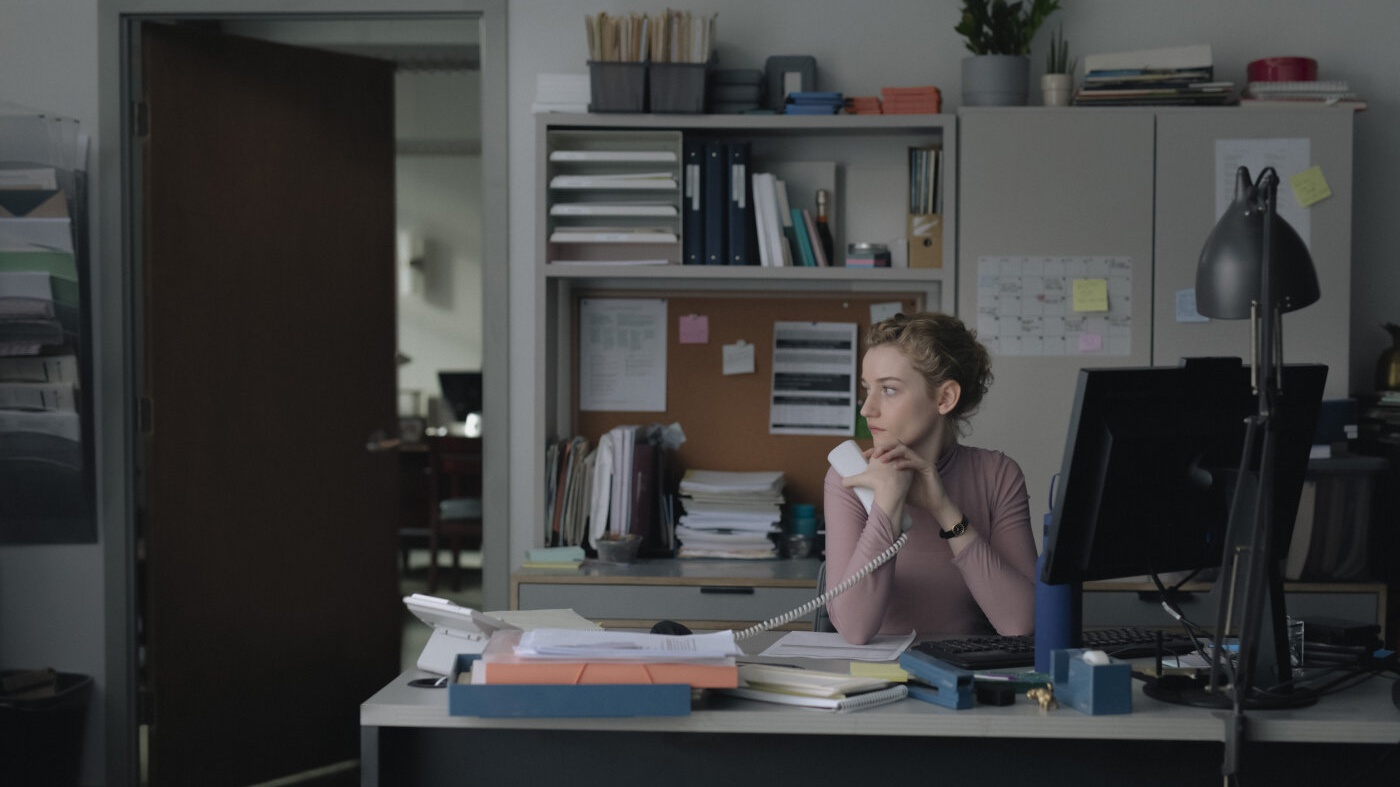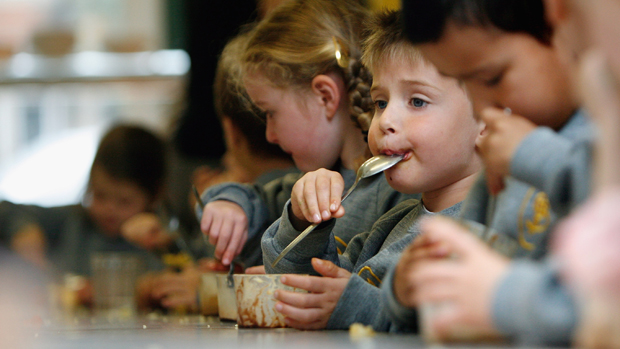New plans for schools to monitor pupils internet usage
Government consultation proposes better protection for pupils from exploitation and radicalisation

A free daily email with the biggest news stories of the day – and the best features from TheWeek.com
You are now subscribed
Your newsletter sign-up was successful
Schools will be forced to monitor students' internet usage and filter what they have access to online in new government plans aimed to protect children from radicalisation.
Education secretary Nicky Morgan unveiled the proposals, which have been published for consultation, and said that they were part of wider plans to increase the protection of children online.
"As a parent, I've seen just what an important role the internet can play in children's education," she said. "But it can also bring risks, which is why we must do everything we can to help children stay safe online – at school and at home."
The Week
Escape your echo chamber. Get the facts behind the news, plus analysis from multiple perspectives.

Sign up for The Week's Free Newsletters
From our morning news briefing to a weekly Good News Newsletter, get the best of The Week delivered directly to your inbox.
From our morning news briefing to a weekly Good News Newsletter, get the best of The Week delivered directly to your inbox.
The proposed measures include showing young people how to use the internet responsibly, and making sure parents and teachers are able to keep youngsters safe from exploitation and radicalisation, Morgan added.
The consultation published by the Education Department outlines a range of possible measures ministers could take to improve online safety for youngsters. It will run until 16 February.
Currently, the department's statutory guidance says that schools in England only need to "consider" teaching pupils about safeguarding online. Ministers want to change this so the teaching is "required".
"The new drive comes amid fears that there are gaps in schools' current approach to protecting children from threats online," reports the Daily Telegraph.
A free daily email with the biggest news stories of the day – and the best features from TheWeek.com
"In particular," the paper adds, "there are concerns children are increasingly being targeted by Islamist extremists who use the internet to brainwash teenagers into radicalisation."
The move was backed by Russell Hobby, general secretary of the National Association of Head Teachers. He told The Guardian:
"The internet is a powerful tool but also poses obvious risks for children and young people. We think schools would welcome greater clarity on how to deploy appropriate filters and monitoring systems and that they will readily fulfil their safeguarding duties in this domain."
-
 Film reviews: ‘Send Help’ and ‘Private Life’
Film reviews: ‘Send Help’ and ‘Private Life’Feature An office doormat is stranded alone with her awful boss and a frazzled therapist turns amateur murder investigator
-
 Movies to watch in February
Movies to watch in Februarythe week recommends Time travelers, multiverse hoppers and an Iraqi parable highlight this month’s offerings during the depths of winter
-
 ICE’s facial scanning is the tip of the surveillance iceberg
ICE’s facial scanning is the tip of the surveillance icebergIN THE SPOTLIGHT Federal troops are increasingly turning to high-tech tracking tools that push the boundaries of personal privacy
-
 The RAAC concrete crisis: fears spread to hospitals, homes and theatres
The RAAC concrete crisis: fears spread to hospitals, homes and theatresfeature Experts call for tens of thousands of buildings to undergo safety checks as crumbling schools scandal escalates
-
 Children trapped 900ft in the air in Pakistani cable car emergency
Children trapped 900ft in the air in Pakistani cable car emergencySpeed Read A helicopter rescue effort has been launched to save the stranded group of eight
-
 Andrew Tate and the radicalisation of teenage boys
Andrew Tate and the radicalisation of teenage boysTalking Point Teachers say male students are being sucked into former kickboxer’s ultra- macho world where they are exposed to his disturbing views
-
 The power the Church of England has in the UK
The power the Church of England has in the UKfeature Critics have questioned the relevancy of the Church’s influence in schools and politics
-
 The Week Unwrapped: Home-working pay cuts, Taiwan and Cinderella
The Week Unwrapped: Home-working pay cuts, Taiwan and Cinderellapodcast Should people who work from home earn 20% less? Is Taiwan at risk of a Chinese invasion? And what does the failure of Andrew Lloyd Webber’s latest production tell us about post-Covid theatre?
-
 Home Office worker accused of spiking mistress’s drink with abortion drug
Home Office worker accused of spiking mistress’s drink with abortion drugSpeed Read Darren Burke had failed to convince his girlfriend to terminate pregnancy
-
 The Week Unwrapped: Schools, births and children’s appetites
The Week Unwrapped: Schools, births and children’s appetitespodcast Do private schools make pupils happier? Is the NHS still failing British mothers? And when do we learn to be carnivores?
-
 In hock to Moscow: exploring Germany’s woeful energy policy
In hock to Moscow: exploring Germany’s woeful energy policySpeed Read Don’t expect Berlin to wean itself off Russian gas any time soon